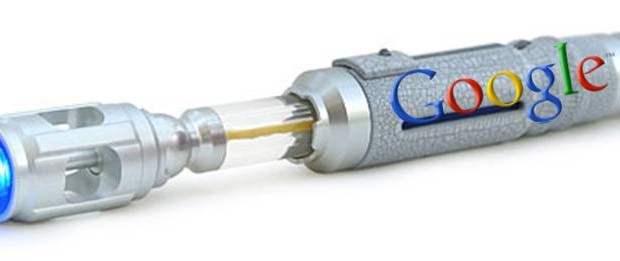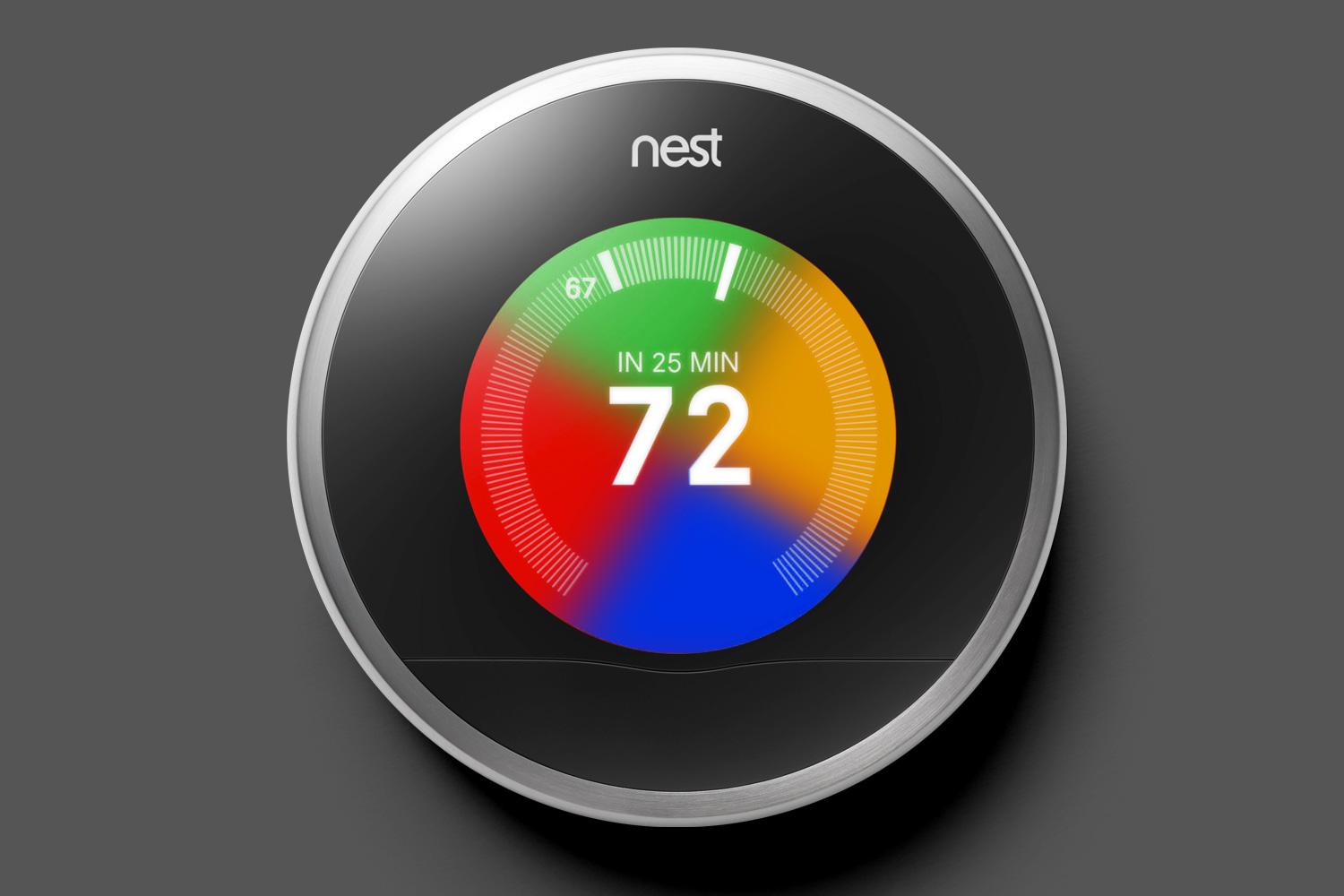 I think the phrase “They’ve been Chromed” officially needs to enter the modern vernacular as the catch phrase for whenever Google buys another company. In exploring what the Mountain View, CA based search engine has been up to in purchasing, I found a story from Bloomberg that talked about how Google has spent more on acquisitions than Apple, Microsoft, Amazon, and Facebookcombined as of mid-January 2014. This has since changed slightly as Facebook purchased WhatsApp last week, but still something to note about what Google has been up to.
I think the phrase “They’ve been Chromed” officially needs to enter the modern vernacular as the catch phrase for whenever Google buys another company. In exploring what the Mountain View, CA based search engine has been up to in purchasing, I found a story from Bloomberg that talked about how Google has spent more on acquisitions than Apple, Microsoft, Amazon, and Facebookcombined as of mid-January 2014. This has since changed slightly as Facebook purchased WhatsApp last week, but still something to note about what Google has been up to.
Of Google’s more recent acquisitions, SlickLogin was one that I found to be particularly interesting. SlickLogin allows users to authenticate their log in on frequently used websites with sound waves. As a sound guy (and extremely open Doctor Who fan) my ears perked up greatly at this idea. The way that SlickLogin works is a user’s smart phone will be verified when near an active laptop or desktop computer through WiFi, Bluetooth, or various other syncing methods. Once verified, the computer will emit a unique frequency to be detected by the built in microphone on the smart phone which is then detected by the SlickLogin app. Once the app verifies the frequency matches the preregistered log in data, access is allowed to the sites and the user is free to browse.
This might seem like a very insecure way to offer “secure” entry because the sound could be recorded or a frequency generator could offer the ability to create the potential sounds that allow access, but SlickLogin assures that the frequency is moment to moment and cannot be recorded and played back later.
I can see this being a great advantage for home or work computers that need the added security, but I can’t see this being used heavily with the portable market. Think about trying to log in to your laptop or account while sitting in a café, or having a lunch meeting at the local Panera Bread. The noise alone would seem to prevent this service from working accurately.
Also, let’s not forget how often people lose their phones, or that smart phones are the most commonly stolen device on the streets anymore. Once that phone is out of your hands and the thief has access to a PC, they could gain easy access to your previously secured accounts.
It’s by no means a perfect method of offering security for your system, but it does give me hope that one day Google will be able to provide me with a fully functioning sonic screwdriver that, when used in accordance with how The Doctor has demonstrated, could allow me access into any computer system I come across. If Google were to provide me with that, I would be happy to walk around freely admitting that I’ve been Chromed.





